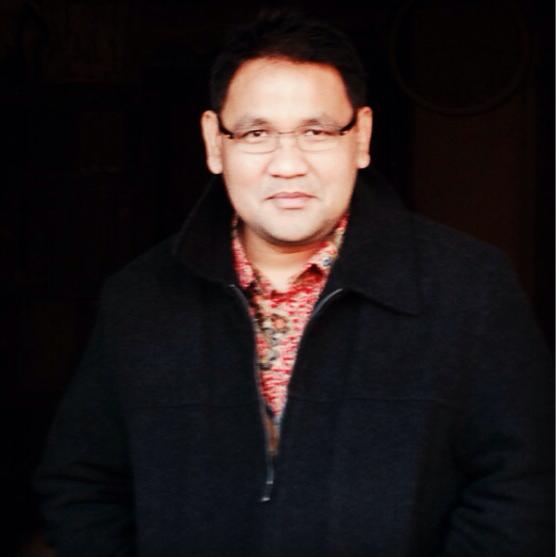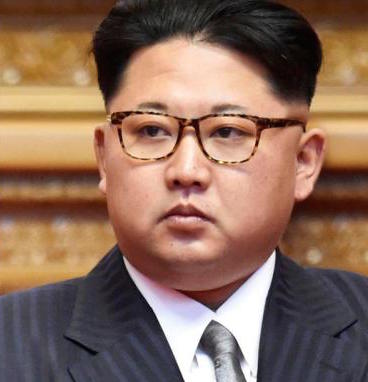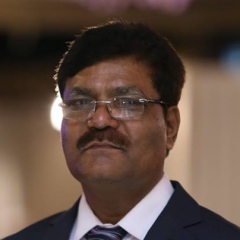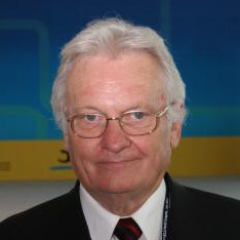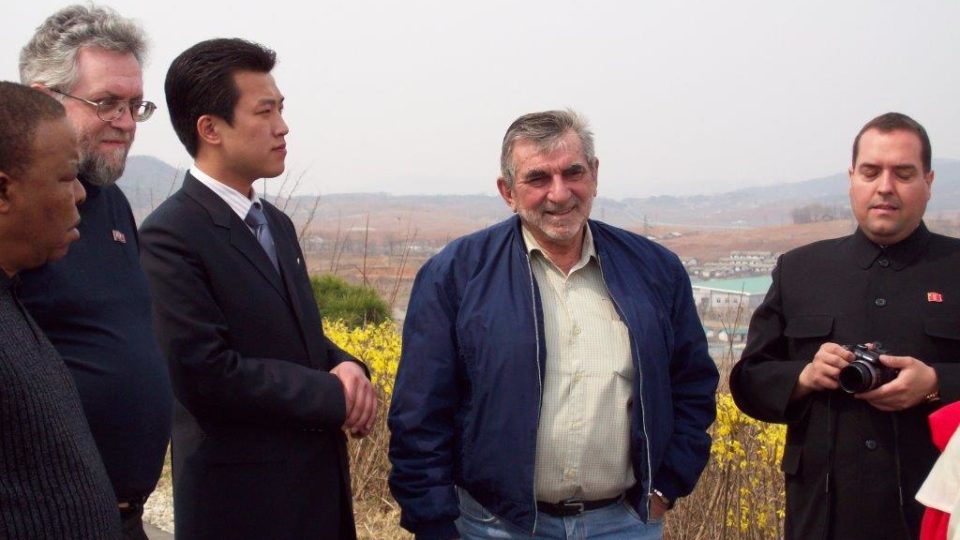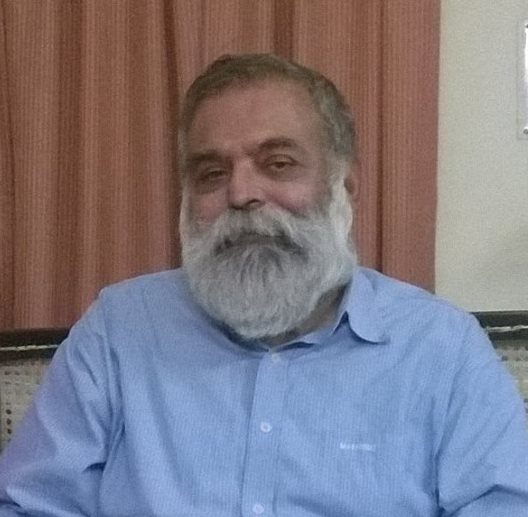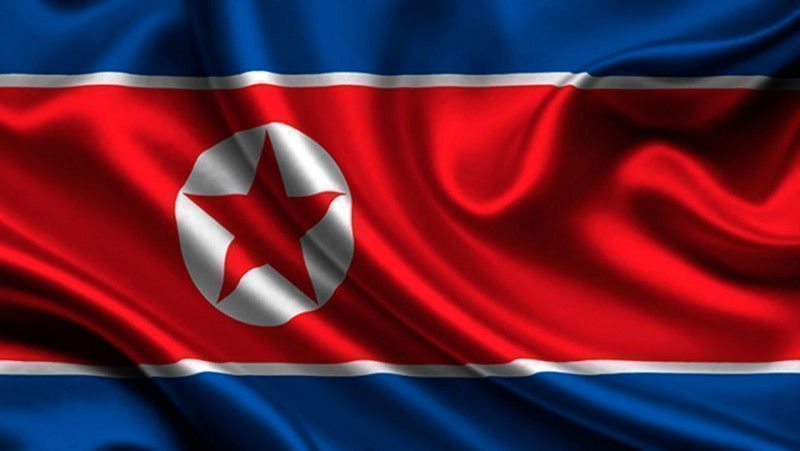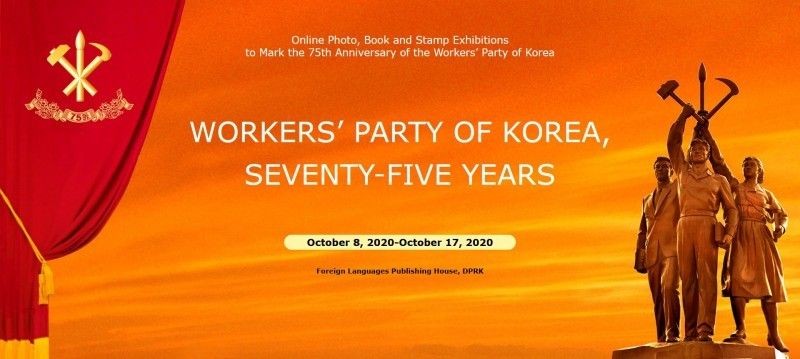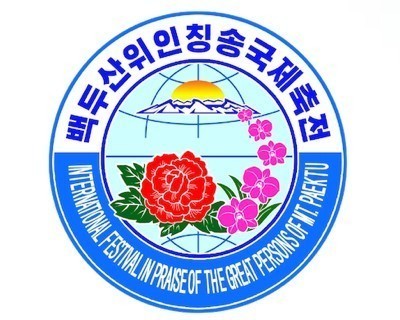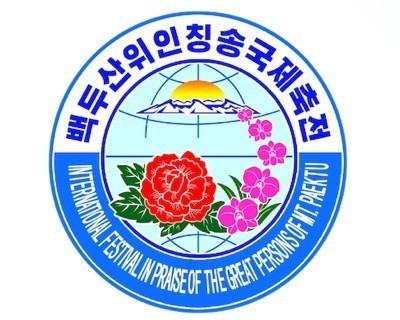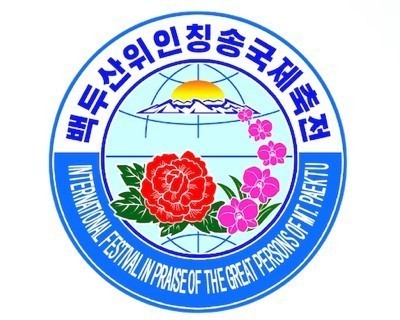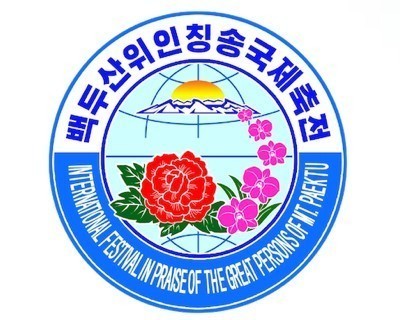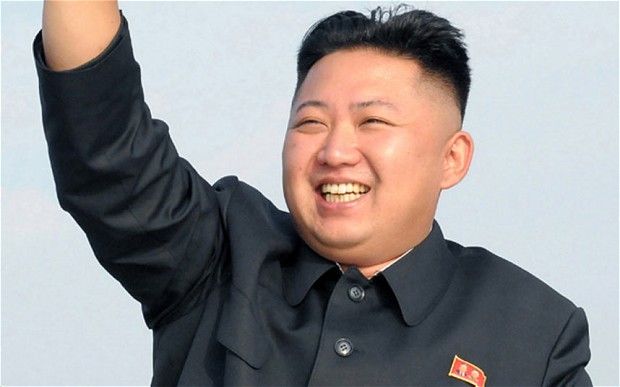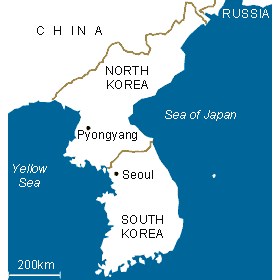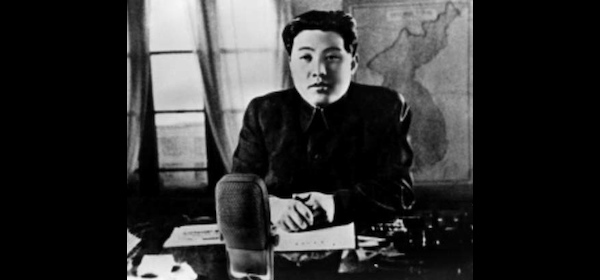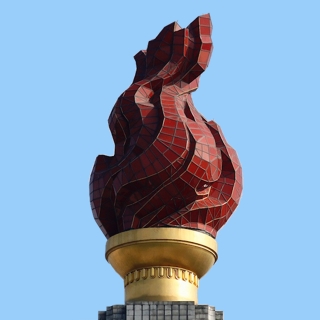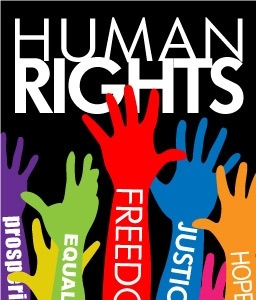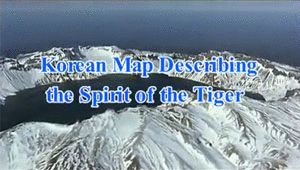This year marks the 70th anniversary of the founding of the Democratic People's Republic of Korea on September.
We, who have committed to the friendship and solidarity activities out of the common goal to anti-imperialism and independence, are happy to open the Asia-Pacific Regional E-seminar, titled “Korea and its glorious history of development for the last 70 years,”on the occasion of the 70th anniversary of the DPRK’s founding and the birthday of its founder, H.E. President KIM IL SUNG.
Today, the DPRK has risen up to the position of the world strategic state, but back in the mid-20th century, it was a backward colonized semi-feudal country.
It reminds us of the contemporary history when the imperialist powers divided the vast area of the world including Asia on their own and pursued the colonial rule over the areas. Korea was not exceptional just like most of the feudal Asian countries. Japan, which emerged as a power in Asia early in the 20th century, colonized Korea by taking advantage of the victory in two wars with Qing dynasty and Russia.
This was the first step towards realizing their daydream, "the Greater East Asia Co-Prosperity Sphere". The Korean people were driven into the colonized slavery life of 40 years full of miseries and troubles. The forced draft of 8.4 million Korean people and sex slaves of 200 000 Korean women, slaughter of 1 million innocent Korean people, which are still controversial even today, are the typical examples speaking of the brutality of Japan’s colonial rule.
The Korean patriots turned themselves up in the struggle to restore the national sovereignty and dignity against the Japanese colonial rule and oppression, and in its vanguard stood H.E. KIM IL SUNG who had held the slogan of down with the world imperialism in his teenage. In 1930, he authored the Juche Idea, the great guiding ideology in the era of independence with his born wisdom and insight into ideology and theories, and founded the Anti-Japanese people’s guerrilla unit on April 25 1932, after which he organized and led the anti-Japanese armed struggle of more than 10 years in the mountainous area centered on Mt. Paektu.
This played the decisive role in achieving Korea’s independence, and constitute valuable experiences that laid the foundation for the DPRK’s founding and development afterwards.
In August 1945, Korea gained back independence by winning the victory in the anti-Japanese armed struggle led by H.E. KIM IL SUNG and embarked on the building of the democratic state. At that time, many countries that were newly independent or won back independence chose either the US brand of democracy or the USSR style, but it was only Korea that preserved the line of building the democratic and independent sovereign state in their own style.
Back in those days, the backward feudal-based agriculture took the majority of the economic relations in Korea, while the poor industrial facilities prone to the colonial lopsidedness were almost ruined by the Japanese on their withdrawal. Just after liberation, President KIM IL SUNG chose to go to a destroyed still work before the native home which he left 20 years ago. This story well said the conditions of the country, but at the same time, the Korean people were so much energetic to build a new rich and powerful country.
In February 1946, the north Korean provisional people’s committee was established. It laid the reliable politico- economic foundations for the new Korea’s buildup through the democratic reforms including the land reform, the nationalization of major industries and law on sex equality to eradicate the colonial and semi-feudal remnants of centuries, based on the experiences from the anti-Japanese armed struggle and the prevailing reality of Korea.
In 1947, the election took place to set up the legal organ of power, called the north Korean people's committee. It launched the general ideological mobilization movement for building the country, the emulation drive for increased production and the campaign against illiteracy, the earliest forms of the ideological, technical and cultural revolutions, through which the remnants of the Japanese rule were eliminated and most of the damaged industrial facilities were repaired.
On the other hand, the US occupied the areas south of the 38th parallel under the pretext of trusteeship after the independence of Korea and they made up the pro-US regime in south Korea in May 1948 to turn Korea into their bridgehead to Asia.
At this point, the general election was held throughout south and north, reflecting the unanimous desire of the entire Korean people to prevent the nation from being divided permanently by the outside forces and form the legal unified government. This resulted in the foundation of the Democratic People's Republic of Korea headquarted by H.E. KIM IL SUNG on Sept 9 1948.
They started to draw the economic plan and carry it out in 1948 and 1949 and then launched the 2 year plan in 1950.
But all these plans and construction of the Korean people was interrupted by the Korean war which was broken out on June 25 1950. The US introduced its allies into the war in the name of the UN forces. The war was, actually, out of balance in power and beyond common sense for the 2-year-old DPRK.
It was compared as the war of rifle against cannon and even went so far as to the war of rifle against nuclear bomb. However, the Korean people inspired by their life before the war-they had become the masters of land and factories after the liberation- and by the striking democratic reforms for the last 5 years, fought bravely under the leadership of Marshal KIM IL SUNG. Finally they won the historic victory on July 27 1953 and the world people looked up to the DPRK as heroic Korea.
Marshal KIM IL SUNG is indeed an ever-victorious, iron-willed brilliant commander who defeated two imperialist powers within a single generation and safeguarded the national sovereignty.
Despite the victory, the three year war reduced Korea down to ashes and ruins and they had no funding to invest into the restoration and reconstruction. The US bragged about that even a century was not enough for the DPRK to rise up.
But the Korean people displayed the mettle of heroic Korea during the post-war reconstruction and reactivated most of the destroyed factories and enterprises within 6 months. They went on to carry out the 3 year economic plan from 1954 to recover every sector of the national economy to pre-war level and make a preparation to build the foundation for the socialist industrialization.
Besides, right after the war, the line of independence in politics, self-support in economy and self-defense in national defense was set forth and was applied thoroughly. In December 1955 President KIM IL SUNG wrote the work, About eradicating dogmatism and formalism and establishing Juche in ideological work. The essence of the work lies in the saying that Juche in ideological work was none other than the Korean revolution. This was a resolute declaration that the absolute standard in every sector of revolution and construction does not allow any outside pressure to say nothing of dogmatism and formalism, but do follow the specific conditions of Korea, as well as the demand and aspiration of its people.
In 1957, Korea embarked on the 5 year plan of cementing the foundations for the socialist industrialization and solving the people's clothing, food and housing problem. This was the beginning of the historic advance towards the socialist industrialization. The DPRK had been a backward colonized agricultural state and had a weak economic base restored after the defeat of Japan which were totally destroyed by the war. Moreover, the industrialization took more than a century in the developed capitalist countries, so the DPRK's challenge was beyond imagination.
President KIM IL SUNG found the way out of this difficulty in the Juche Idea, say, in mobilizing the independent ideological consciousness of the people, which gave the birth to Chollima movement symbolizing the legendary horse that runs 1000 ri(is equal to 400km) at a ride.
The Chollima movement stirred up the whole country; blooming mill capable of 60 000 tonnes of steel produced 12 thousand tonnes and the furnace of 19 000 tonnes produced 27 000 tonnes of pig iron while the construction sector came up with Pyongyang Speed in which a flat of living house was framed within a time frame of 14 min. In 1958, they produced tractors, trucks, bulldozers and excavators in series with their own labor and techniques. President KIM IL SUNG came up with the idea of launching the let-one-machine-tool-make-another movement during his field guidance, thus leading to the miracle of a machine producing another machine and a factory producing another factory.
The DPRK carried out the tasks of the 5 year plan with success dy dint of Chollima movement and went on to implement another economic plan by 1970 to get off the ground the all-round technological reconstruction and cultural revolution and improve the people's living standard by a drastic degree.
Here we have to note that all these miraculous economic achievements were not made in good conditions. What with undisguised provocation moves of another war by the US and what with learning a lesson from the crisis on the Caribbean Sea, the DPRK made an important decision to simultaneously push ahead with the economy and national defense capability buildup in 1962.
As it was only less than 10 years after the war, it could have affected the economy buildup when they turned huge labor and funds to self-defense capabilities, but the Korean people encouraged themselves to develop the economy and national defense industry at the same time successively without lopsidedness. As a result, the industrial production increased by a high speed of 19.1% on average per year during the whole period from 1957 to 1970 and the total industrial output was boosted 11.6 times in 1970 compared to 1956.
The Korean people wrought out the world-striking miracle and accomplished the socialist industrialization within 14 years. This reality coined a new term, Chollima Korea, which is well-known to the world and it became the center of hope and admiration for all the developing countries.
The DPRK strongly accelerated the self-supporting economic buildup based on this. In the 1980s, the DPRK set the goal of putting the national economy on the Juche-oriented, modern and scientific basis and made the best of the national potentials in this regard. In the run, they built West Sea Barrage by clamming off the rough sea of 8km within 5 years and they displayed the national power to the world by hosting the 13th World Youth and Students Festival.
The DPRK, however, faced with the unprecedented challenges and difficulties in the 1990s. Taking advantage of the collapse of socialism in the USSR and East European countries, the US and the West imposed the worst pressure on the DPRK. Korea was deep in sorrow of the demise of President KIM IL SUNG on July 8 1994 and worse still, was striken with the catastrophic natural disasters.
Due to the shortage of fuel, raw materials, power and food, the factories closed off, blackout on the streets and people suffered from the food problem. This trial was compared to Arduous March, the worst period of the anti-Japanese armed struggle and many people of the world said that it was similar to the blockade on Leningrad during World War II. The hostile forces jumped to the conclusion that the change of the system in the DPRK was a matter of time and even the people who were friendly towards the country were concerned about its destiny.
In this context, Leader KIM JONG IL, after declaring that he would not change by an inch, unfolded Songun Politics in every way by attaching importance to self defense and precedence of the military affairs to other matters so that the national self-defense was capable of dettering any outside forces from aggression and war.
At the same time, he opened up the prospect of building the socialist thriving nation and laid the foundations for people's welfare and far-reaching prosperity. To take examples, the prime interest and state funding was directed to CNC technology despite the difficulties, and the land rezoning, the nature transforming project was finished on the national scale. The successful launch of the first artificial earth satellite in August 1998 demonstrated to the world that the sci-tech and economic power of the DPRK was going to be as competitive as the international standard in the near future.
Such environment and conditions in the DPRK could have collapsed other countries many times, but they made the breakthrough to prosperity by relying on Songun politics and self-supporting economy. This attracted wonder and admiration of the world once again and coined another new term, Songun Korea.
The overall national power and international position of Songun Korea increased considerably and the senior leaders in authority of Russia, China, US and Japan came to the DPRK one after another in the early 2000s. In Pyongyang were inter-Korean summit meetings in June 2000 and October 2007 which came up with the joint declarations.
Especially, the achievements made by the Korean people for the last 6 years under the wise leadership of Supreme Leader H.E. KIM JONG UN, are really astounding.
Mallima Speed Campaign is on-going at the moment in overall succession and development to the next step. Mirae Sci-Tech Street, Ryomyong Street and other monumental edifices were built here and there in the speed beyond imagination, which contributed to the changes in the appearance of the country and made a turning point in the economic buildup and people's living standard.
The DPRK launched Kwangmyongsong No. 3-2, the first utility satellite in December 2012 and went on with Kwangmyongsong No.4, the earth observatory satellite in February 2016. This clarified the firm position of the DPRK in the world as the producing and launching state of artificial earth satellites.
Moreover, the DPRK has risen up to the position of a strategic nuclear state recognized by the world, thus being the strong bulwark and banner of the anti-imperialist independent forces that safeguards the world peace and security.
The DPRK has made continuous and consistent efforts to develop friendly and cooperative relations with many countries under the ideal of independence, peace and friendship and positively contributed to the anti-imperialism and independent cause.
Before and after the state foundation, they rendered sincere support to China in the struggle to liberate the whole land and also delivered selfless material aid and moral support to other countries which were fighting for national liberation including Vietnam. Besides, they also aided and cooperated with many newly-emerging nations and developing countries in their independent development.
The DPRK hosted the 4th Meeting of Minsters of Information of the Non-aligned Movement in Pyongyang in June 1993 as a member state of the Non-aligned Movement and have been making contributions to development and showing support and solidarity to the anti-imperialist and independent countries.
Recently the DPRK has sent the senior-level delegation, sportspeople, artists and cheering group to the Olympics in south Korea according to the leading initiative and proposal of H.E. KIM JONG UN and after that, the south Korean envoy and its companions visited Pyongyang, thus showing the positive trend of development in inter-Korean relations and the relax of tensions on the Korean peninsula. This is arousing the welcome from the international community.
Looking back, the DPRK has made sincere efforts to put an end to the division and reunify the country.
In April 1948, the delegates from political parties and social organizations from north and south Korea sat together in Pyongyang for the first time in its history to discuss the issues of preventing the national division and reunifying the country under the initiative and leadership of President KIM IL SUNG. Since then, the DPRK has brought up with many initiatives and proposals to hasten the national reunification.
What is noteworthy here is that President KIM IL SUNG set forth three principles of independent and peaceful reunification and grand national unity as the fundamental principles for the reunification in the senior level political meetings in May 1972. In October 1980, the original proposal was given to reunify Korea in the form of a federal state, and in 1993, 10 point program for grand national unity was declared.
Warmly welcoming the fact that the inter-Korean relations are getting better, we sincerely wish Korea's reunification would come soon in accordance with the proposals agreed upon by the north and the south.
I would like to note again that when talking about the achievements made in the DPRK for the last 70 years, these were not made in good conditions. The US which is the the main reason for Korea's division and the provocateur of the Korean war, caused the Korean people the politico-military and anti-humanitarian issues that have not been settled for centuries.
The nuclear threats by the US towards the Korean people that started from 1950 have escalated year after year since they started to move the large nuclear arsenal to south Korea from 1957. The economic sanctions and blockade on the DPRK cannot be rivaled by anything else in terms of period, intensity and diversity as the US had already defined it as their enemy state in 1950.
Recently Donald Trump has talked about destroying the DPRK in the UN and forced to pass the 4 rounds of the UN sanctions within a single year of 2017. Worse still, the US brought 3 fleets of nuclear cruisers into the waters around the Korean peninsula which could have broken out the World War III, but all these threats came to nothing before the super resolute response of the DPRK.
It is nothing to doubt that all the achievements made by the DPRK for the last 70 years, despite every kind of difficulties, are all brilliant victory of independent, self-supporting and self-defensive line rooted in the Juche Idea. The Paektusan great persons of the DPRK adhered to the independent line in state building and activities as the fundamental principle and followed it thoroughly.
They ensured that the principle of Juche and independence is maintained in every sector of politics, economy, culture and foreign relations while settling the issues arising from revolution and construction according to the ideology, specific conditions of the Korean people, thus making the DPRK as prestigious and powerful as today.
When you come to the DPRK, you will find that the Korean people are enjoying the benefits given by the state. Within the country, education is free for everyone at each level from kindergarten up to university. Health care is free and living house is also given free to anyone by the state.
In a word, the history of the DPRK is the history that has been pioneered and victorious with Juche and independence. This makes the world's people admire and support the dignified Juche Korea. The history and reality proves that no power can match the DPRK which is possessed of the single-hearted unity around the leader, the self-supporting national economy strong enough to break through the sanctions, and national defence capabilities.
Lastly but not the least, a couple of days ago, H.E. KIM JONG UN paid an unofficial visit to China and met with President Xi Jinping of the PRC. This is really a contribution to peace and security within the region and furthermore the rest of the world.
Looking back at the history of the DPRK's development as the thorough anti-imperialist and independent state with pleasure, believing in the brilliant future of the thriving nation shining across the world, the friendship and solidarity organisations with the Korean people within the Asia-Pacific region will continue to extend support for and solidarity with the DPRK in their policy and position and make positive efforts to support the just cause of the Korean people. [kk]
Teguh Santosa
Secretary General
Indonesia-Korea Friendship Association

